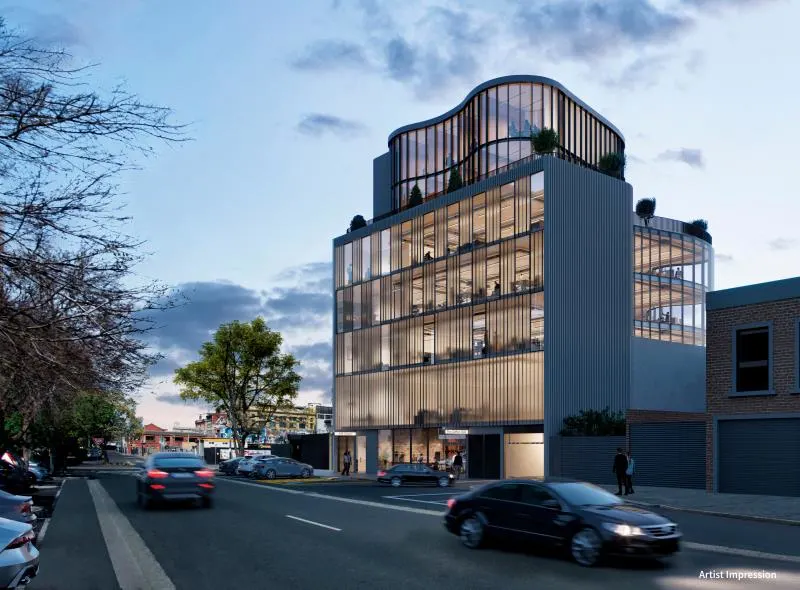
Should I buy a commercial or residential investment property? Ultimately there is no correct answer to this question, it really depends on your investment strategy and what you hope to achieve. Let’s start with the differences between the two.
Commercial property is used for business purposes and residential property is used to live in. Some would say commercial property is a higher risk investment as it is more susceptible to issues during times of economic difficulty. They do generally offer greater returns than residential property though. Residential property is used to live in, whether it be an apartment, townhouse or house.
Here are some other things to consider:
- Lease length: Commercial leases are usually longer and residential leases tend to be shorter. Generally a commercial lease will be set up with ‘terms’ i.e. 5 years with two further terms of 5 years. They will have set rental increases annually and market reviews in between. Residential will usually be on an annual basis with no fixed agreement on rental increases outside of what the landlord, agent and tenant can negotiate.
- Vacancy: Like the length of the lease, commercial vacancies tend to last longer than residential. Resi properties get snapped up relatively quickly, whereas depending on the location, size, fit out and what’s happening in the market; a commercial property could be vacant for months.
- Lease terms: Residential leases are all very similar across the state with near identical lease agreements no matter which agent you rent through. Commercial leases are completely different and tend to include whatever you can negotiate with the tenant.
- Rent increases: Commercial include fixed rate increases.
- Rental yields: Commercial sits at around 3-6%. Whereas residential yields are around 2-4%.
- Maintenance and repairs: Usually up to the commercial tenant, when residential it’s all on the landlord.
- LVR/deposit: Commercial properties usually need a higher deposit of 30%+, interest rates can be higher for commercial loans but not always. Resi loans can be sourced with as little as 5% in some cases.
- Capital growth: Can be slower for commercial properties compared to residential however this depends on the broader market.
- Experience: Best not to be a first time investor without doing a lot of research first.
- More expensive to buy: Of course, this depends what you buy. You could get a carpark cheaply or spend a fortune on a big warehouse in a prime industrial area.
- How is residential property valued? To value a residential property, the agent or valuer will look at comparable properties which have sold in the past 6 months in the area.
- How is commercial property valued? Commercial values tend to be based on the strength of the lease and rental income, square meterage and comparables …. an office suite can’t be compared with an industrial warehouse. An let’s be honest, neither is going to get pushed up in value on the day of purchase because of emotion.
The difference between residential and commercial loans
The majority of residential loans have a 30 year loan term and generally cost under $500 to establish. Home loans typically have low interest rates and lower ongoing fees then a commercial facility. Loan to value ratios can be as high as 98% including lenders mortgage insurance meaning the deposit required to get into a residential property can be less. Home loans are highly regulated and the credit assessment process can be quite involved with analysis of the applicant’s savings, spending and capacity to service test with stress tested interest rates.
Commercial loans are more customized in comparison to residential. Rates vary much more than residential however it is possible to borrow at a similar rate to a residential investment property loan. Banks generally charge an establishment fee anywhere between 0.3% to 1.00% of the loan amount and valuation costs can run into the thousands.
Terms can vary between 5 – 30 years depending on a number of factors including loan amount, property type and whether the property is owner occupied or an investment. Loan to value ratios tend to be lower (Maximum 80%) however it is possible to utilize equity in other properties to cross secure and fund up to 100% plus stamp duty. There is no lender’s mortgage insurance charged in commercial lending. Capacity to borrow tests can be more flexible than residential with the ability to add back non recurring expenses and non cash items. Several banks offer Low-doc or alternative documentation style assessments which can streamline the application process.
Should I invest in commercial property or residential property?
Yes. Get in touch and we can help you to understand the numbers behind each and what is going to best suit your goals.


